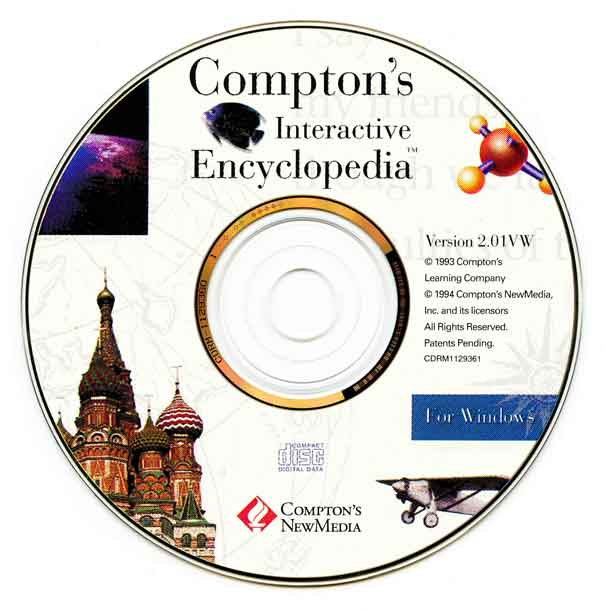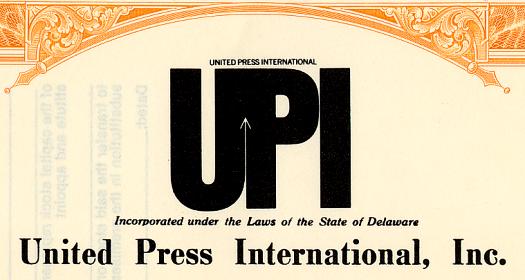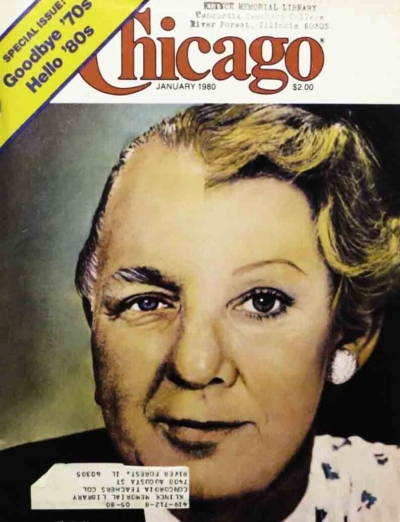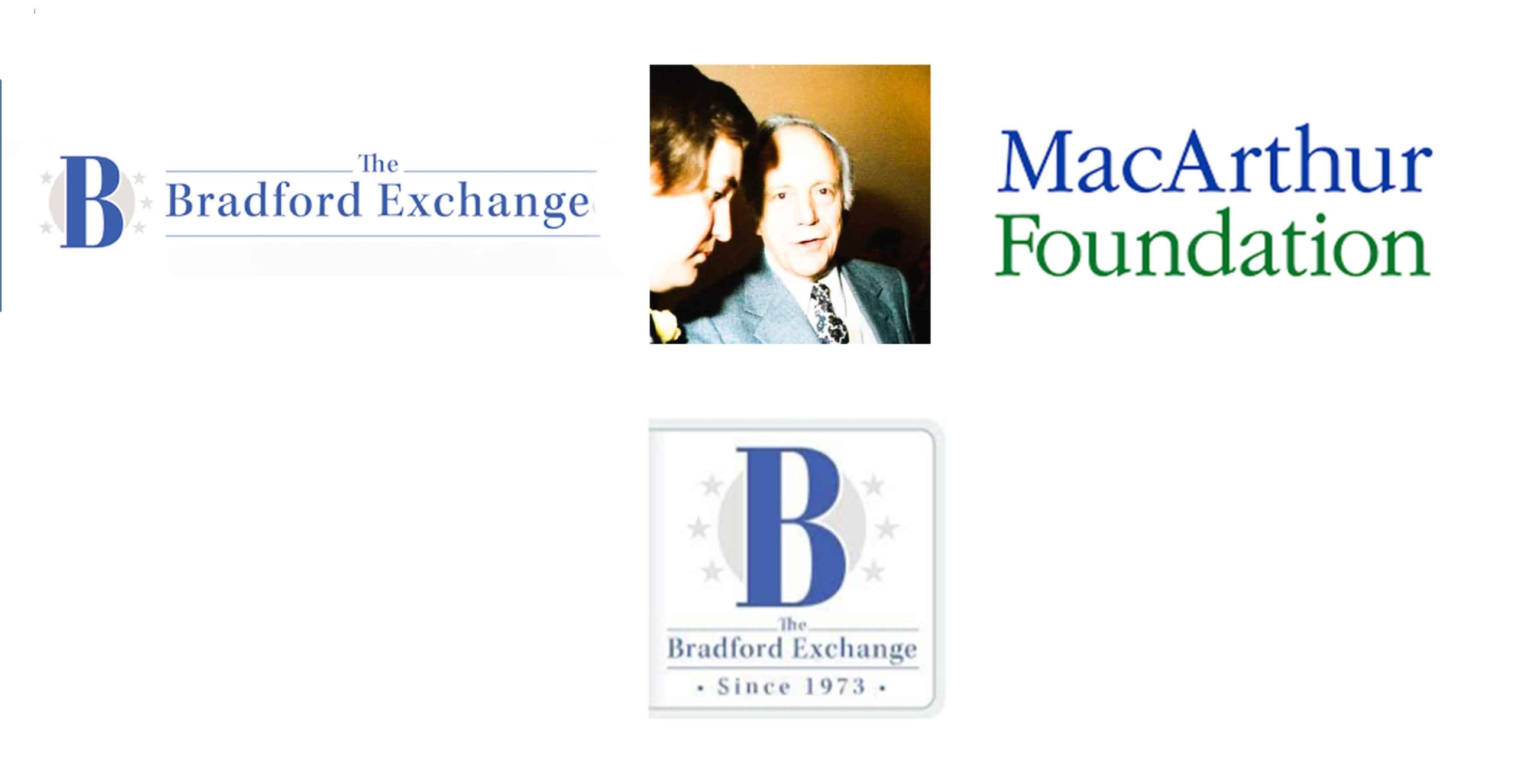Looking back on my Encyclopaedia Britannica days, when I departed United Press International after its bankruptcy, UPI was fortunately headed towards a reorganization and not a liquidation. Though I had been with UPI only two years, it had directly prepared me for the much more challenging role as Executive Vice President, General Counsel, and Secretary of Encyclopaedia Britannica, as well as my related work as Secretary of Britannica’s owner for much of this time, the William Benton Foundation.
Given that the sole beneficiary of the Foundation for several decades was my alma mater, the University of Chicago, it was particularly gratifying to see that institution enriched in this period by over $200 million in Britannica largesse.
The fulfilling years I spent at UPI and Britannica would never have come about without my first having left private practice for The Bradford Exchange and my first job as a General Counsel. That opportunity gave me the chance to function in a business role as well as a legal role. As time went by, this turned out to be a quite satisfying complement to my previous strictly legal role.
At Britannica I was able to take on the role of a business manager more fully while serving as President of Encyclopaedia Britannica Educational Corporation, and when I briefly headed up another Britannica subsidiary, the premier dictionary publisher of American English, Merriam-Webster.
When Britannica’s CD-ROM encyclopedias began to be counterfeited in China and elsewhere, I had Britannica join the International Anticounterfeiting Coalition, a Washington, D.C., not-for-profit trade association devoted solely to combating product counterfeiting and piracy. The IACC members included a cross-section of business and industry. Including firms such as Ford, Disney, Levi Straus, and Apple, members were involved in selling cars, apparel, luxury goods, pharmaceuticals, food, and software to name only a few of the industries dealing with counterfeiting challenges. After several years serving on the IACC’s board of directors, I was elected its Chairman. In that role, I interacted with law firms, investigative and product security firms, government agencies, and intellectual property associations here and abroad. This function also gave me experience on Capitol Hill lobbying Senators and Members of the House. As IACC Chairman I travelled to Europe, China, Hong Kong before the turnover, and Taiwan urging officials there to strictly enforce their intellectual property laws and to stop the pirating and knockoffs of American products.
In the lobbying and public policy roles that Britannica afforded me, I had a chance to meet at Britannica’s offices with U.S. Sen. Dick Durbin. When I later continued public policy discussions with him in his Washington, D.C., Senate office, I found assisting him at the time was J.B. Pritzker, later the Governor of Illinois.
Britannica also had me separately travelling all over the world dealing with issues at its many international operations. EB did significant business in most of the European countries, as well as Turkey, Greece, Israel, Egypt, Australia, China, Taiwan, Philippines, Japan, South Korea, and India.
Travelling with Frank Gibney, Vice Chairman of EB’s Board of Editors, stands out among all my trips.
Gibney had learned Japanese while in the Navy in World War II and ended up serving in Japan in Naval Intelligence at the War’s end. As a journalist, Gibney had returned to Japan in 1949 as Time-Life’s bureau chief, travelling from there to report on events in Japan, Korea and Southeast Asia. After later stints with Newsweek, and as a speech writer for President Lyndon Johnson, he joined Britannica in 1966. In the next several decades he had brought about the publication of local language editions of the Encyclopaedia Britannica in Japan, and South Korea.
In 1985, Gibney met with Mao Zedong’s successor, Deng Xiaoping, who was putting into practice Mao’s opening of China to the West. The meeting coincided with the launch of the Britannica Concise Encyclopedia in the Chinese language. The attendant global publicity served to announce that with the publication of China’s first non-Marxist encyclopedia, China was opening itself up to the world culturally as well as economically.
It didn’t take long for a Taiwan entrepreneur to counterfeit Gibney’s mainland encyclopedia by using the Mandarin Chinese language characters more commonly read on the island. As a result, I repeatedly traveled to Taiwan in the late 1980s to initiate police raids to seize inventory of the transliteration print set and prosecute local court actions that included an appeal to Taiwan’s Supreme Court. Given the Berne Convention of 1971, Taiwan had clear international treaty obligations to protect EB’s copyright in the work. With this problem persisting, and help from the American Institute in Taiwan, the de facto American Embassy in Taipei, Britannica’s Chief Financial Officer Fred Figge and I secured a meeting with Taiwan’s Vice Premier in 1988, Lien Chan. In our formal meeting, Chan immediately disarmed our aggrieved demeanor. Knowing that Briannica was owned by a foundation that solely supported the University of Chicago, he quickly mentioned that, having a graduate degree himself from the University, he appreciated our concern.
We ended up solving our counterfeit problem and Chan went on to serve as Taiwan’s Premier. Later, he became the first Premier to travel to the mainland in pursuit of better relations. After retiring from politics, like Gibney’s before him, he had his own meeting with China’s leader. For Chan, it was a meeting with Xi Jinping in 2013.
Most memorably for me was heading off with Gibney to the Kremlin in December 1990 in a similar exercise. He and I had previously been involved in long negotiations in Moscow to bring about the first non-Marxist encyclopedia in the Russian language.
As had been true in 1985, when Gibney met with Deng Xiaoping as part of China’s opening to the West, Mikhail Gorbachev was now engaged with Britannica in 1990 in the U.S.S.R.’s own cultural opening to the West.
The upshot of this was that Gibney and I were travelling to Moscow with EB’s Chairman, Bob Gwinn, to celebrate the conclusion of our negotiations with a series of public and private events. As part of the week-long activities, it was agreed that Gibney would write an article for Britannica based on an interview with Alexander Yakovlev, then Gorbachev’s senior advisor.
This was not an easy time for either Gorbachev or Yakovlev, as in 1989 most of the Marxist-Leninist regimes in Eastern Europe had collapsed. Indeed, at the very time Gibney was interviewing Yakovlev in the Kremlin, both Yakovlev and Gorbachev were being denounced by Communist Party hardliners in the Soviet Parliament for “losing” Eastern Europe. Gibney’s unusual meeting in the Kremlin with the architect of Gorbachev’s “glasnost” policy was shortly followed by the hardliners failed coup against Gorbachev, the collapse of the U.S.S.R., the end of the Cold War, and the end of the Russan encyclopedia project.
Apart from the hoopla surrounding the events in Moscow, being doubled up in a scarce hotel room with the endlessly fascinating Gibney was for me in one way memorable in a bad way. As we were leaving Moscow, Gibney complained to EB’s Gwinn within my earshot that he was dead tired and sick of having to put up with my loud snoring all week.
At a 2005 Britannica farewell for Gibney at the University of Chicago’s Oriental Institute (now the Institute for the Study of Ancient Cultures) Gibney’s son James, then at the New York Times, remarked about his father’s career problems with authority. A decade later, in 2015, CBS News quoted Gibney’s film documentarian son Alex on his father’s career, “They say to succeed you’re supposed to suck up and kick down. Well, he was the classic guy who sucked down and kicked up, which is never a good career path! He was at Time, then fired. At Newsweek, fired. At Life, fired.”
While I can’t speak to those times, I do remember Frank entering into EB’s Chairman Bob Gwinn’s office at Britannica’s Chicago headquarters several times all sweetness and light, only to emerge and immediately disparage Gwinn behind his back to the first person he bumped into. Though Gwinn was to many a ripe subject for criticism, I can well imagine that this may have been an aspect of Frank’s earlier career modus operandi. Thus, it wouldn’t be surprising to me if some of his previous bosses might have noticed this tendency and concluded Frank was less important to their enterprise than they had previously thought.
Looking back with the benefit of hindsight, it’s hard not to conclude that my unplanned departure from Bradford was the best thing that ever happened to me in my working life. After all, had I stayed, I would have missed the great fun of a broad legal and business career. Instead, I would have spent decades in a not-so-interesting professional life as general counsel of a one-time plate company that later expanded into other knick-knacks.









